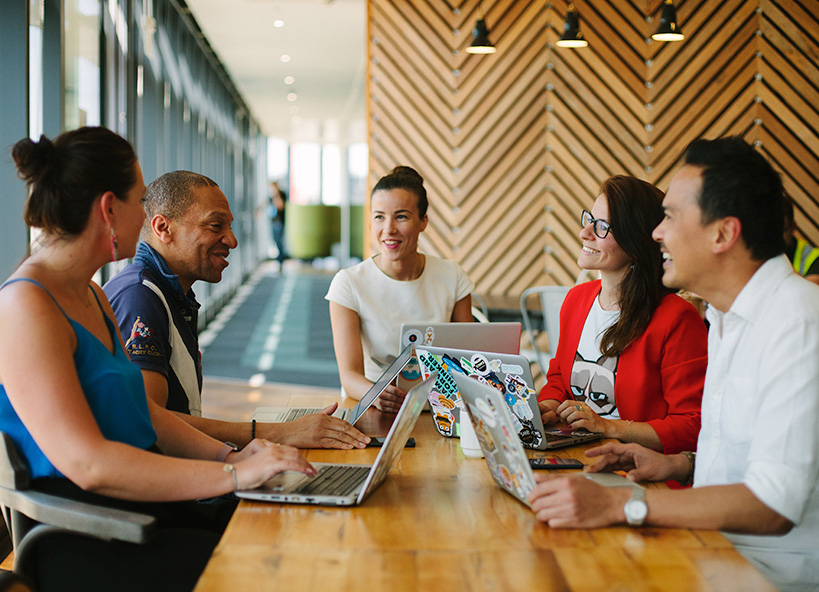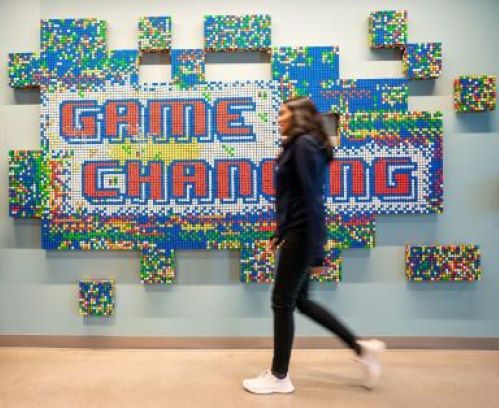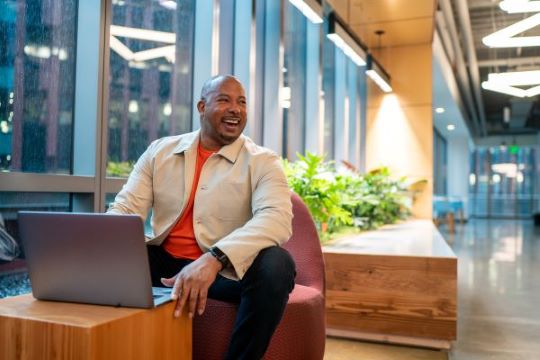- AWS›
- 诚聘英才
AWS 职业生涯

用冲击力建造
当你从事重要的工作时,职业生涯会更令人满意,而且亚马逊有很多重要工作。我们创新的范围和规模(世界上采用率最高的云技术、突破性的生成人工智能、卫星技术以及我们帮助客户取得更多成就的无数其他方式)使您有更多的机会去做对自己重要并产生您所见影响的工作。
想知道你能在这里建造什么吗? 浏览该网站,了解我们的包容性协作文化如何使我们的员工能够大胆思考并取得创新成果。
在 AWS 内部
在 AWS 工作是不同寻常的事,因为 AWS 本身与众不同。我们雇用有才华的人才,为他们提供工具和机会,让他们从事有影响力的工作。探索世界各地的 AWS 建设者的故事,讲述他们不同的职业道路、当前的项目以及他们如何为我们的客户和社区带来改变。

我们都是构建者
无论职位是什么,AWS 的每个人都是建筑商。因为成为建设者是一种心态,一种指导我们在 AWS 所做一切的初期心态。探索我们如何赋予每位团队成员权力,使他们能够掌控自己的项目和可能性。

每个声音都很重要
我们为工作带来的不仅仅是我们的特定专业知识——其他的都是好东西。您独特的视角和经验将帮助我们制定更好的解决方案。了解我们对包容性、多元化和公平的承诺如何让 AWS 成为做你自己和开创职业生涯的最佳场所。

